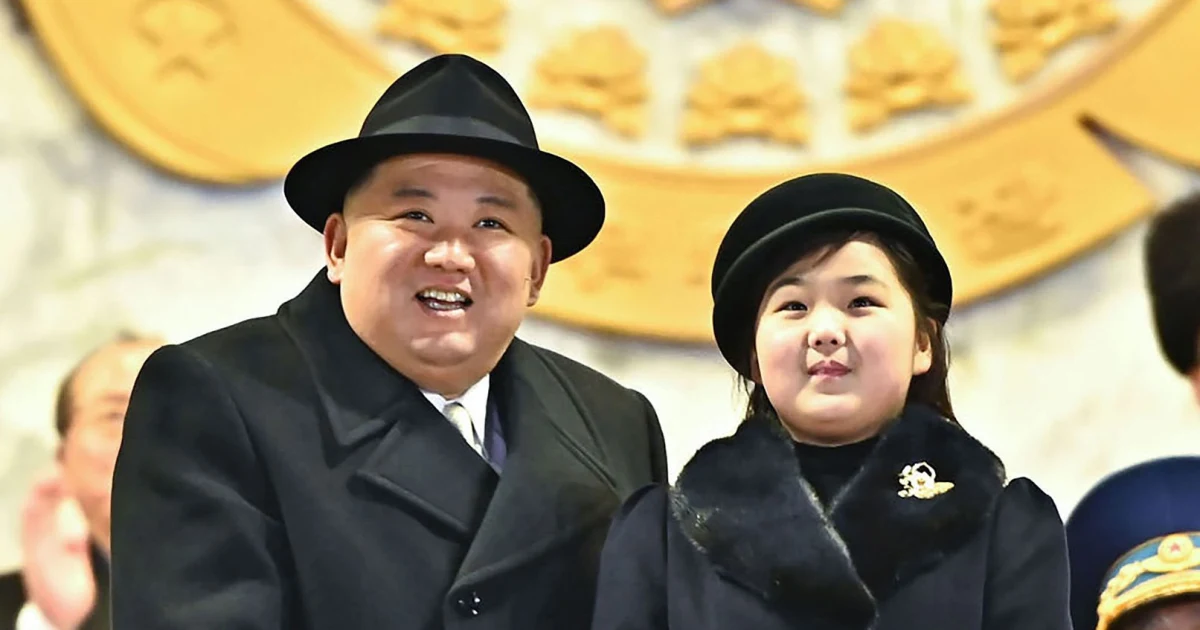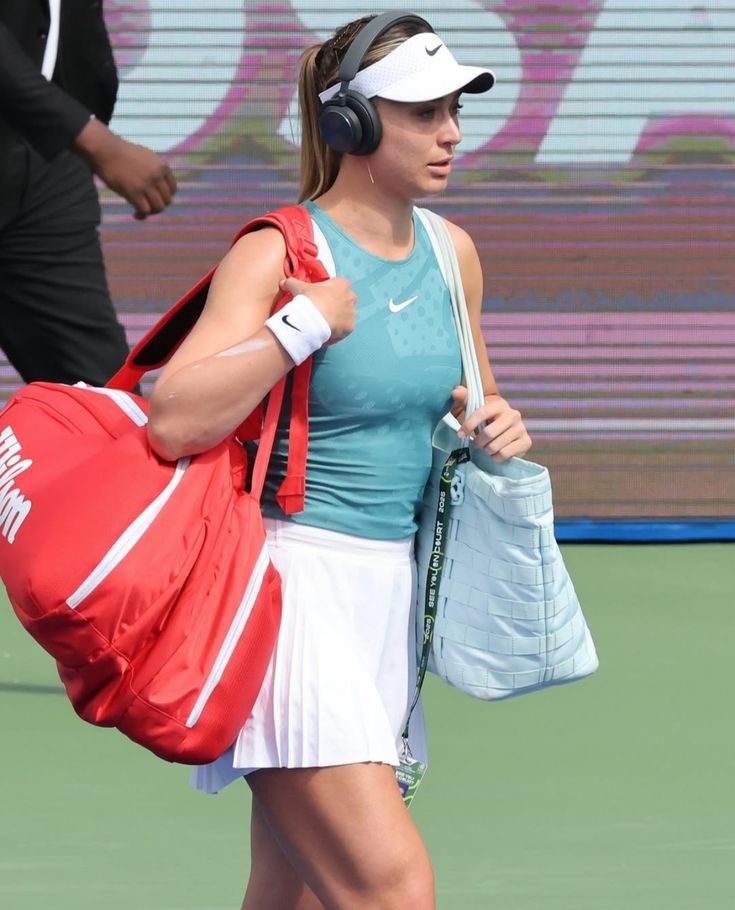When Kim Jong-un’s armored train rolled into Beijing this week, the world expected pageantry. What few expected was the figure walking just a step behind him his 12-year-old daughter, Kim Ju-ae. Her presence in China, among presidents and prime ministers, raised eyebrows and sparked one burning question: why now?
This wasn’t just a family trip. It was the first time Kim Ju-ae had ever set foot outside North Korea in public view. Cameras captured her standing close as senior Chinese officials greeted her father. To analysts, the image spoke volumes. In a regime built on symbolism, this carefully staged moment suggested something far bigger than a daughter accompanying her father. It hinted at succession.
Kim Ju-ae has been appearing regularly in state media since 2022. North Koreans have seen her alongside her father at military parades, missile launches, and banquets, often referred to as the “dear daughter.” At first, many thought these appearances were mere family propaganda. But her role has steadily grown.
By placing her on the world stage in Beijing, Kim Jong-un may have signaled that she is more than just a child of privilege she is his chosen heir.
The choice of Beijing was no accident. China is North Korea’s most important ally and economic lifeline. Introducing Ju-ae in this setting was symbolic: she wasn’t just meeting foreign leaders, she was being presented to North Korea’s most crucial partner.
Yang Moo-jin, a respected scholar in Seoul, called it a “rite of passage.” Just as Kim Jong-un was once quietly groomed to succeed his father, Ju-ae now seems to be going through the early rituals of leadership only this time, the process is unfolding in plain sight.
Cheong Seong-chang, a North Korea expert, noted that Ju-ae’s presence “showed she was being treated as No. 2 of North Korea not only at home but also abroad.” In other words, the world is being invited to see her as part of the leadership, not just family.
This move also mirrors Kim Jong-un’s growing confidence on the international stage. Once a nuclear-armed pariah, he now sits in meetings with Vladimir Putin and Xi Jinping, leveraging his position in the geopolitical rivalry between Beijing and Washington.
The Beijing gathering wasn’t just about Ju-ae. After the parade, Kim and Putin held private talks, where Putin thanked him for supporting Russia’s war effort in Ukraine. Kim reaffirmed loyalty, calling North Korea’s help a “fraternal duty.” The optics were clear: North Korea is aligning more deeply with China and Russia.
Whether Kim Ju-ae truly becomes North Korea’s next leader is uncertain. But Beijing offered a glimpse of what her future may hold. She is no longer just a face in North Korean propaganda she is being positioned as a figure the world must recognize.
In the end, Kim Jong-un’s boldest statement in Beijing wasn’t made in speeches or treaties. It was in the silent presence of a 12-year-old girl who, one day, might rule one of the most secretive nations on earth.


